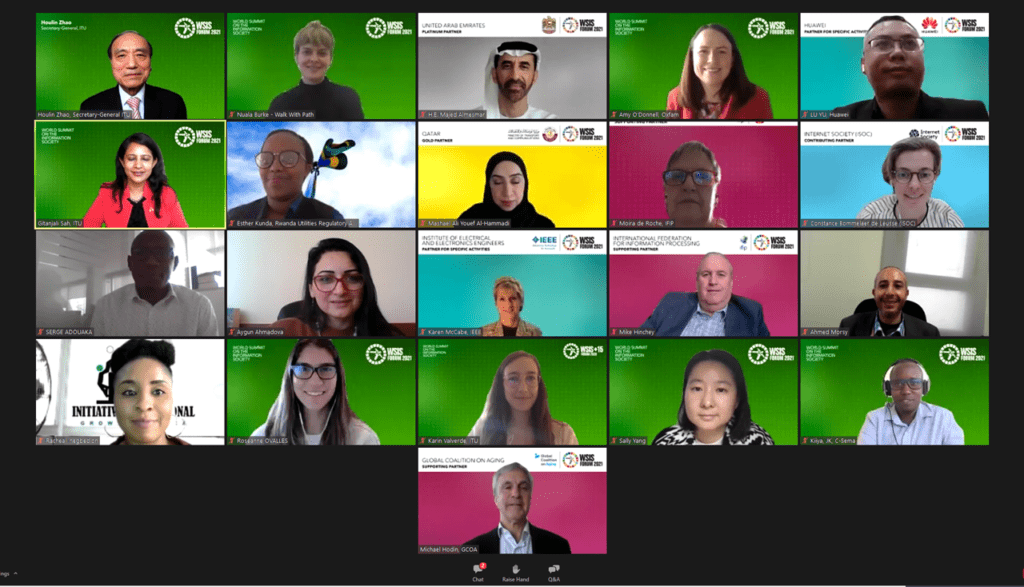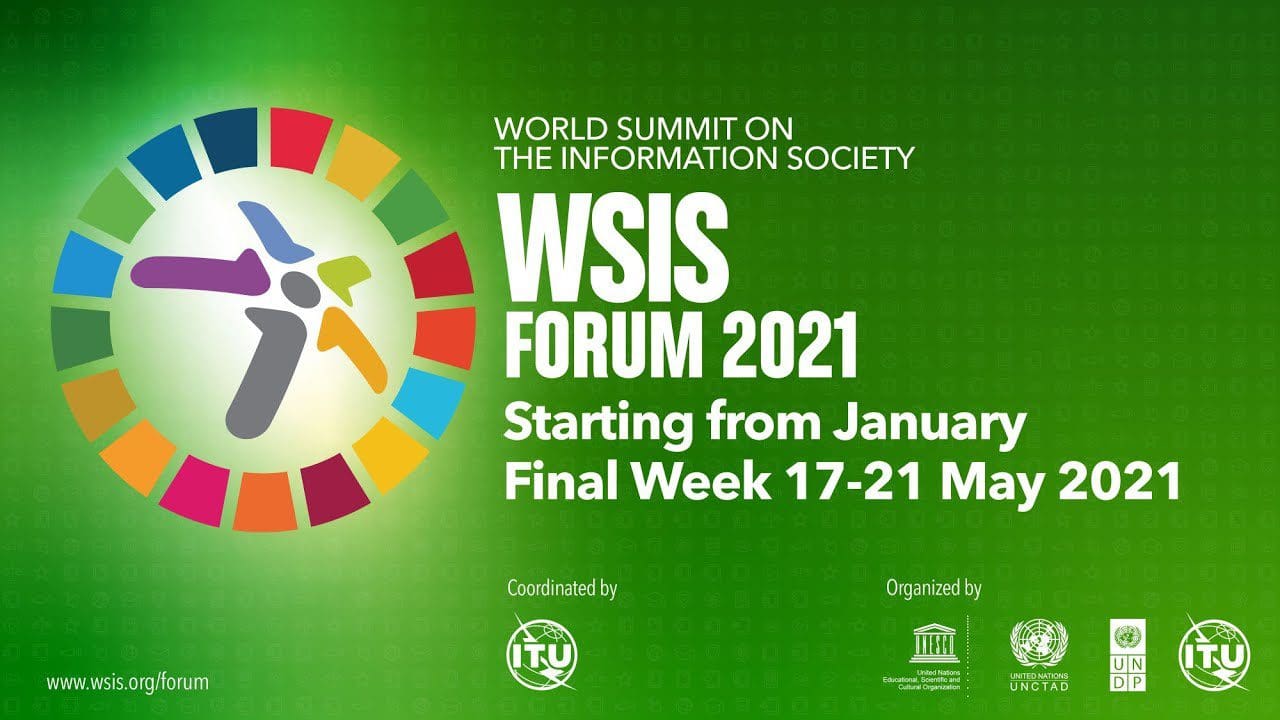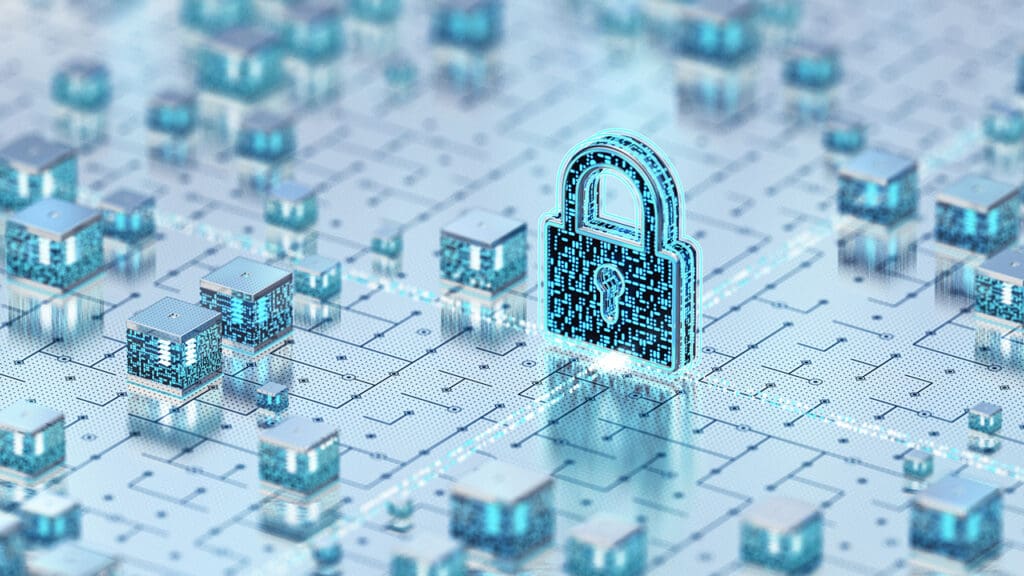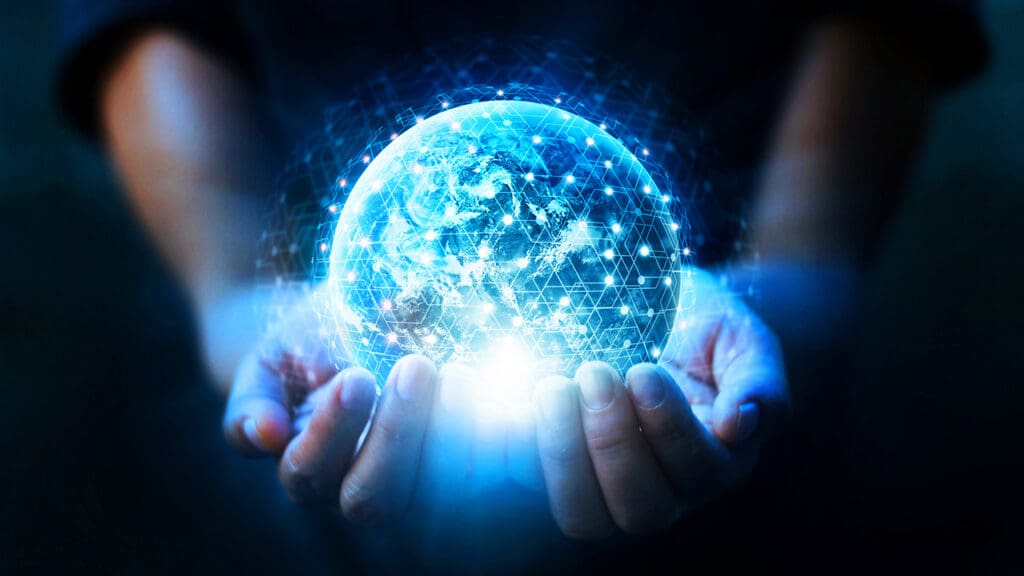What is Sustainable Development? Why is it Important?
Sustainable development is a development that meets the needs of the present, without compromising the ability of future generations to meet their own needs.
When considering and discussing sustainability, people often first think of the environment – saving energy, reducing carbon footprints, and recycling. While environmental sustainability is crucial to the future of our planet, sustainability is actually a much broader topic that includes many concerns and initiatives.
At its core, sustainability is about balance. As a society, we must meet the needs we have today, but also not compromise the ability of future generations to meet their own needs. This is an exceptionally tall order. Even with increased attention, sustainability remains a complex and complicated goal to achieve. The greatest hurdle is determining which of the often-conflicting needs are most important at each decision point.
How Can Standards Help to Achieve Sustainable Development Goals (SDGs)?
From advancing green technologies to improving data governance and privacy for citizens, many IEEE global standards support the three pillars of sustainability – economic, environmental, and social – and are the cornerstone to finding better ways to integrate sustainability into your efforts.
For example, India’s population is expected to significantly increase over the next few years, which means an even greater challenge to bring access to transportation, utilities, healthcare, and education – core fundamentals of sustainability – to every citizen. By developing smart cities on Information Communications Technology (ICT) architecture based on IEEE standards, various systems and components that used to be developed and managed separately can now work together for a more sustainable smart city ecosystem.
Standards also provide technical specifications and guidance to increase the use of renewable energy and improve energy efficiency. For utility companies creating wind power, solar power, and electric vehicles as well as battery storage, IEEE 1547™ Standard for Interconnection and Interoperability of Distributed Energy Resources With Associated Electric Power Systems Interfaces specifies interconnection and interoperability among electric power systems and distributed energy resources (DERs). IEEE 1801™ Standard for Design and Verification of Low-Power, Energy-Aware Electronic Systems focuses on improving the management and control of energy usage of devices ranging from data centers to IoT sensors. Another example is IEEE 2030™, Guide for Smart Grid Interoperability of Energy Technology and Information Technology Operation with the Electric Power System (EPS), End-Use Applications, and Loads. This is the first all-encompassing IEEE standard on smart grid interoperability, and it paves the way for sustainability in power applications, information exchange, and control through communications.
Beyond environmental sustainability, standards also play a vital role in fostering safe, responsible, and trusted use of technology to benefit society. IEEE 7010-2020™, Recommended Practice for Assessing the Impact of Autonomous and Intelligent Systems on Human Well-Being, for example, created a comprehensive list of “well-being indicators.” By using the standard when creating AI systems, engineers and data scientists can incorporate ethical considerations into the design and prioritize human well-being. As the COVID-19 pandemic highlighted the need for the digital transformation of nearly all aspects of daily life, IEEE 3527.1™ Standard for Digital Intelligence (DQ) defines a comprehensive framework of digital literacy, digital skills, and digital readiness. This standard will help nations maximize the benefits of digital technology for citizens from students and the workforce to seniors.
Improving Sustainability through Global Conversations at WSIS Forum 2021
Sustainability is not an issue that can be solved with a single standard, workshop, or initiative. It requires a sustained and collaborative effort between governmental organizations, businesses, and individual consumers to create an enabling environment based on technology standards.
As part of our commitment to sustainable development, IEEE Standards Association (IEEE SA) is participating in the World Summit on the Information Society (WSIS) Forum 2021. This ongoing event that’s attracting leaders across the world focuses on ICTs as the foundation for sustainable development.

IEEE SA will contribute to the following sessions during the forum:
- IEEE Thematic Workshop – ICTs and Smart Energy: Accelerating the Use of ICTs for Sustainability (20 April): During this session, leaders in smart energy solutions help attendees create solutions to current challenges, including reducing carbon footprint and increasing access in developing countries.
- IEEE Knowledge Cafe: Children’s Data and Sustainability (5 May): This event focuses on how to measure and protect children’s data. The discussion with experts, including Alex ‘Sandy’ Pentland, Director of the MIT Connection Science, and Branka Panic, founder, and director of AI for Peace, will center around how to protect children’s privacy online, especially in terms of social media. The goal is an open discussion to help create solutions for children to fulfill their curiosities at an age‐appropriate level and within the context of their familial society.
- IEEE WSIS High-Level Dialogue with Partners (18 May): During the Opening Segment of the WSIS Forum’s high-level dialogues, IEEE Vice President of Member Geographical Activities, Maike Luiken, will speak on the role of the technical, scientific, and engineering community in advancing sustainable development and how IEEE is contributing to the SDGs.
All WSIS sessions are open and free to register.
Author: Kristin Little










It is a proficient article that you have shared here about hydroponics. I got some unique and valuable information from your article. Thankful to you for sharing this article here.